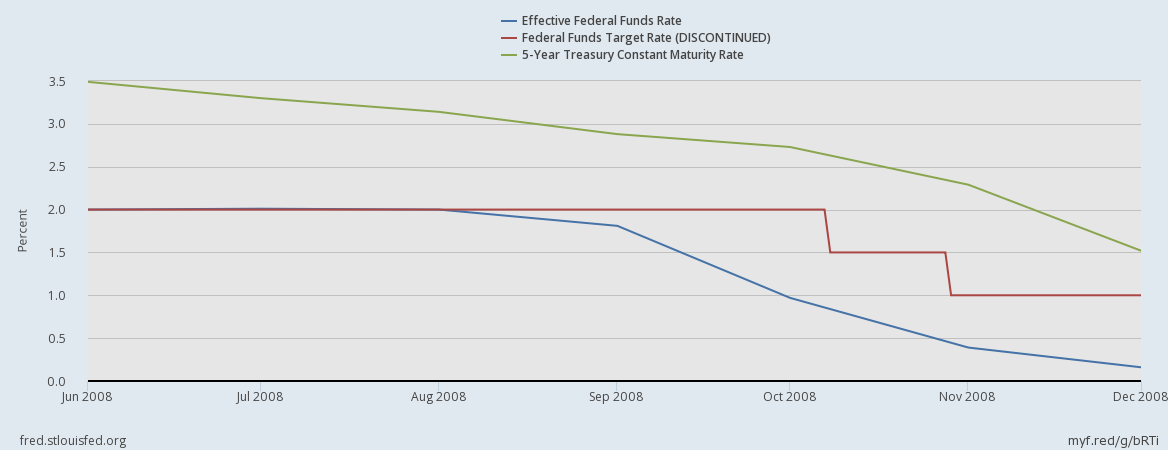Since The Cobden Centre was established by original founder Toby Baxendale, Dr Tim Evans, Dr Anthony J Evans and the author, we have assembled ten plans for financial reform which promise to deliver honest money and social progress. These are set out below.
There is today little doubt that the economic, fiscal and monetary crisis through which we are living was caused by the financial system. It turned out boom and bust had not been ended: we found we had been living on credit in a long unsustainable boom. Some of the flaws in the financial system have been pointed out on this site: in short, government intervention and flawed modern financial theory came together in a catastrophic mix.
Contemporary mainstream debate appears to neglect 200 years and more of monetary history, with an assumption that staying within the status quo is the only option. However, the Currency School vs Banking School debate and the Bullionist v Anti Bullionist Controversy were not, it seems, finally settled.
The Cobden Centre’s staff, fellows and board members have differing views on these plans. They are presented as competing routes to better banking and a more stable, sustainable and responsible system of social cooperation in the general interest.
- Jesús Huerta de Soto, Money, Bank Credit and Economic Cycles (PDF); see also the preface. Developing Fisher, 1935 but in the Austrian tradition, this reform offers the possibility of paying down the national debt.
- Cobden Centre Chairman Toby Baxendale develops Huerta de Soto’s plan in The Emperor’s New Clothes and A day of reckoning.
- James Tyler explains How to avoid future encounters with financial meltdown.
- Sean Corrigan, Improper Fractions. Working independently, Corrigan demonstrates Huerta De Soto’s point that a reform to sound property rights in money could largely pay off the national debt.
- James Buchanan advocates The Constitutionalization of Money.
- Fisher, 100% Money, 1935 – a Monetarist proposal.
- Kevin Dowd, Lessons from the financial crisis – see also his book with Martin Hutchinson, The Alchemists of Loss
- Anthony J Evans develops Dowd and Salsman in 2 days, 2 weeks, 2 months: A proposal for sound money, an “eye of the storm” plan to deal with a further crisis.
- Writing for Policy Exchange, Andrew Lilico explores the options, including 100% reserve banking.
- Laurence Kotlikoff’s Jimmy Stewart is Dead advocates Limited Purpose Banking.
- Paul Birch, Honest Money through bearer shares, a proposal.
- Bagus, Monetary Reform – The Case for Button-Pushing.
For further information, please see our literature.



This is an excellent list, but the glaring omissions include:
The Case for Genuine Gold Dollar:
http://www.mises.org/rothbard/genuine.asp
Rothbard on Fractional-Reserve Banking a Critique:
http://www.scribd.com/doc/28363861/Rothbard-on-Fractional-Reserve-Banking-a-Critique
to name just two.
All of the logic against the fiat dollar applies to the fiat Pound Sterling by extension.
There is no reason why we need a state to administer and supply the money that we use; this is the fundamental error that people make, based on adherence to tradition rather than sound reasoning.
Thank you. All scholarly additions to the list and contributions to the debate are welcome.
I’d be very interested to learn MP Baker and colleagues’ views on “The Proposed Bank of England Act”, http://www.bankofenglandact.co.uk/
which I gather is based on the writings of Prof. Joseph Huber. Does this capture the essence of the Cobden Centre’s agenda?
J Sky, we have no agenda other than to promote honest money and other project that we have not even covered off yet, so we have a broad array of views about how to get to honest money. The web site your link to in the above is fine, I would not support as I seek to get the State totally out of any control of our money; their site would like to see the State firmly in control, albeit with a much better system in place.
Thank you for your comments.
Anything about Douglas’ citizen’s dividend ? http://en.wikipedia.org/wiki/Social_Credit